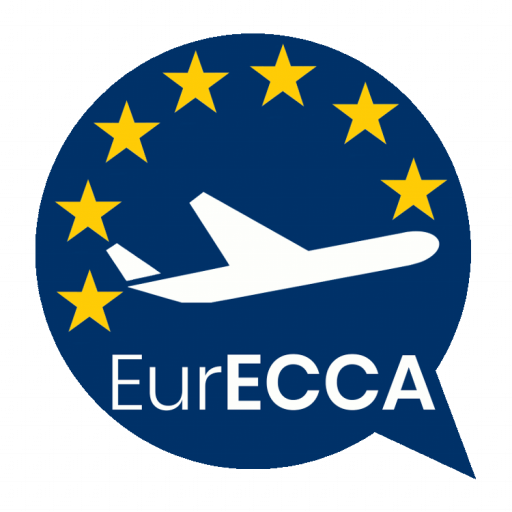Aviation workers and safety experts are calling on airlines, manufacturers, and the EU Aviation Safety Agency to immediately implement new cabin air quality standards designed to protect staff and passengers from chemical fumes.
Aviation workers and safety experts are calling on airlines, manufacturers, and the EU Aviation Safety Agency to immediately implement new cabin air quality standards designed to protect staff and passengers from chemical fumes.
After more than seven years of work on the issue, the European Committee on Standardisation (CEN) has published a technical report including recommendations on how to prevent exposure to fumes through improvements in the design, maintenance, and operation of aircraft.
These measures are key to minimising the impact of “fume events” when the air ventilation supply on commercial aircraft gets contaminated with noticeable amounts of heated engine oil and hydraulic fluid fumes.
The recommendations on the “Cabin air quality on civil aircraft – Chemical compounds” technical report call for:
-
- The installation and operation of suitable filtration to remove fumes from the ventilation supply air, pending available technology. Filters would either prevent or mitigate onboard exposure to fumes and reduce the need for cancelled/diverted flights and maintenance action.
-
- The installation and operation of chemical sensors to notify maintenance workers and pilots of the type and location of contamination in the air supply systems, pending available technology. Sensors would abbreviate onboard exposure to fumes and facilitate a prompt and effective maintenance response.
-
- The implementation of “best practices” in aircraft maintenance, such as training maintenance staff to prevent inadvertent overservicing of the engines with oil and hydraulic fluid.
-
- The establishment of an incident reporting system for airlines to track reported health and safety impacts more effectively, monitor maintenance schedules, and assess trends over time;
-
- The implementation of simple education and training programs to enable airline workers to recognise, respond, and react to fume events onboard.
Although accident investigation branches across the EU have repeatedly recognised the flight safety implications of fume events, the EU Aviation Safety Agency has not issued regulations on cabin air quality. That makes the work of the CEN committee, where trade unions have a say, together with passenger groups, manufacturers, and airlines, more important.
Following the publication of the report, the European Trade Union Confederation, the European Transport Workers’ Federation, the Global Cabin Air Quality Executive, and the European Cabin Crew Association call for the immediate implementation of the first European recommendations on cabin air quality on civil aircraft.
ETUC Confederal Secretary, Isabelle Schömann said:
“Cabin crew workers and passengers alike expect airlines to adhere to the highest safety standards, but we know that is currently not the case when it comes to chemical fumes.
“Unions, passenger groups, and industry issued common sense solutions to protect cabin crew and passenger’s health.
“Airlines now have the responsibility to implement these recommendations as part of their duty of care to their crew and for passengers.”
European Transport Federation Head of Aviation Eoin Coates said:
“Oil fumes contaminate the air supply during what are otherwise regular commercial flights every day. The fumes can seriously impair crewmembers which compromises flight safety and security.
“This report finally gives EASA, manufacturers, MRO companies, and airlines a road map of design and maintenance measures to protect airline workers and passengers from breathing toxic oil fumes onboard.”
The Global Cabin Air Quality Executive Spokesperson, Captain Tristan Loraine, said:
“This is a major step forward and a really positive initiative for the whole industry to improve flight safety and protect the crew and public health.”
EurECCA President, Annette Groeneveld said:
“Fume events put the health and safety of all people on board of an aircraft at risk. What we need now is a fast, comprehensive, and profound implementation of the proposed measures to ensure a safe and healthy environment for our crews and the passengers.”
Notes National Standardisation Bodies approved the report’s publication by an average of 76% over the four ballots, which ended on September 29, 2022.

